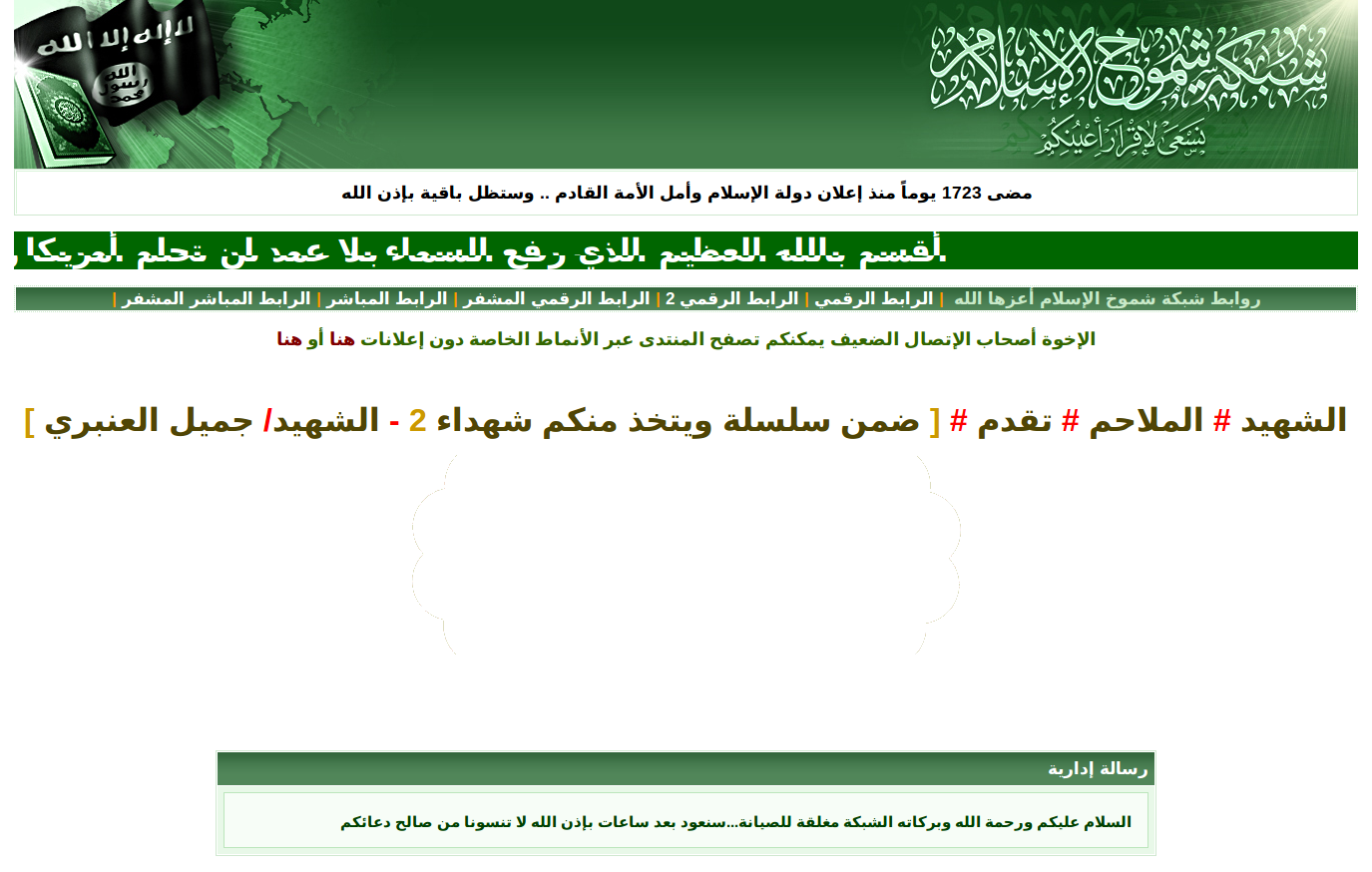Even at the time, the jihadist sympathizers who ran the web forum treated the post with a sense of importance out of step with its meager intellectual heft. Shumukh al-Islam promoted it heavily, placing a banner advertising the article on its main page. This was the second time that the forum had given such a prominent place to one of Kubi's posts -- the previous time, it was for an October 2010 post contending that then-ISAF commander Gen. David Petraeus was preparing to negotiate a ceasefire with al Qaeda. The author's adopted name -- al-Kubi, or "the Cuban" -- suggested that he spent time at the Guantánamo Bay detention facility, a hint that the man behind these posts may have been someone of significance.
Kubi would continue to post online for another couple of years, anonymously producing over a dozen long posts for a variety of jihadist sites. And when his identity was revealed, he turned out to be more influential than Western analysts could ever have imagined: He was Said al-Shihri, the deputy emir of al Qaeda in the Arabian Peninsula (AQAP). It was only after AQAP admitted in July 2013 that Shihri had been killed in a drone strike that forum members went public with his identity.
At a time when the risk of a major terrorist attack by AQAP has succeeded in disrupting U.S. diplomatic work in roughly 20 countries, from Mauritania to Afghanistan, Shihri's writings provide a unique glimpse into the thinking of the organization's leadership. And with AQAP leader Nasir al-Wuhayshi's recent promotion to deputy manager of the global organization, they may even provide readers with hints of the direction that the entire terror organization will take.
Read More | "The Cuban in the Desert" | Daveed Gartestein-Ross | ?Foreign Policy | ?@Subtopes
